Unfortunately, many children with cerebral palsy aren’t diagnosed until the second year of life. Our Early Detection & Intervention team are dedicated to changing this.
Our team of therapists and scientists work with a global network of researchers to make breakthroughs in early diagnosis of CP and then harness the principles of neuroplasticity to treat infants with evidence-based treatments when they have the greatest impact, early in life.
Our team led the development of International Clinical Practice Early Diagnosis Guidelines for infants who are at risk or have a CP diagnosis. The guidelines make strong recommendations for a major change in standard diagnostic practice for young children and have recently been complemented by an international guideline for early intervention aiming to optimise neuroplasticity, prevent common secondary impairments and enhance parent wellbeing.
The Early Diagnosis & Early Intervention program also play an important role supporting our Early Diagnosis Clinics, a network of three centres operated in partnership with NSW Health. Clinics in Randwick, Western Sydney and the Hunter have supported hundreds of families since 2018.
Since the launch of the first CPA Early Diagnosis Clinic in 2018, we have supported almost 500 infants and their families across three sites across NSW
Help transform lives by supporting cerebral palsy research. Your donation brings hope and progress for babies, children and adults with cerebral palsy, and their families.

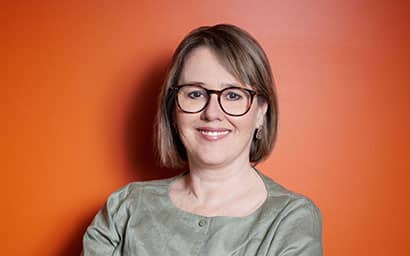
Conducts clinical research aimed at improving implementation of accurate early detection and discovery of effective early intervention strategies in cerebral palsy. Leads Early Detection and Early Intervention research program.
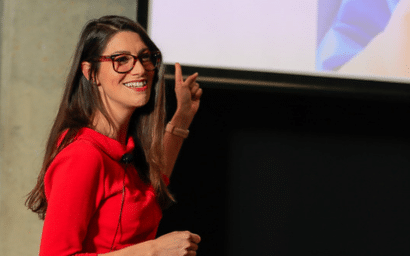
Conducts clinical research aimed at creating innovative and equitable assessment and treatment of feeding and communication disorders for infants and young children with cerebral palsy in Australia and in Low Middle-Income Countries. Administers assessments, collects data, and delivers specialised treatment across the Early Detection and Early Intervention team’s research projects.
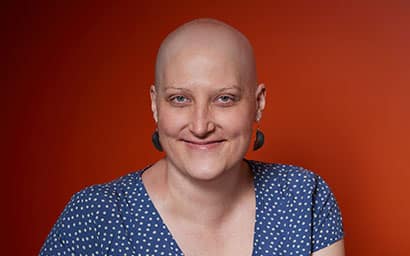
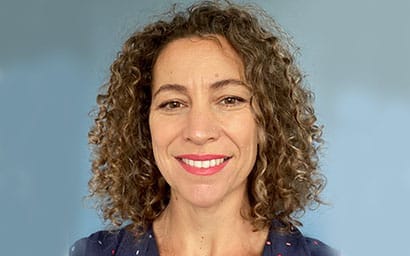
Michelle is a Senior Research Fellow with the Cerebral Palsy Research Institute, and combines this with her clinical occupational therapy role in the Neonatal Intensive Care Unit. Michelle’s research focuses on translation of evidence to lead to real-life changes for neonates, infants and children with cerebral palsy and their families.
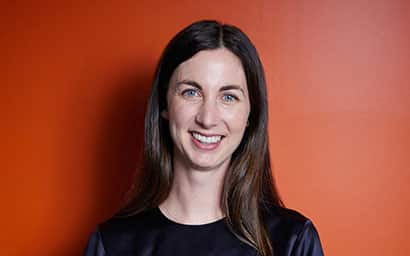
Dr Ashleigh Hines is an occupational therapist and research fellow at Cerebral Palsy Alliance Research Institute. Ashleigh works in the early detection and early intervention team. Ashleigh’s PhD focused on a novel approach to bimanual therapy for children with unilateral cerebral palsy.
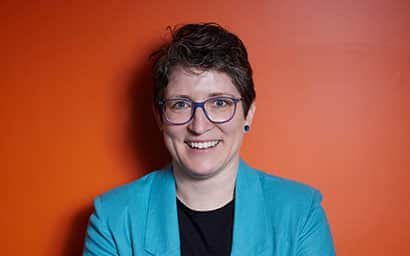
Monica is a senior physiotherapist at Cerebral Palsy Alliance Research Institute, working in the Early Detection and Early Intervention theme. Her research focuses on understanding early developmental trajectories of infants with CP or high risk of CP, and early intervention approaches to improve motor and other outcomes.
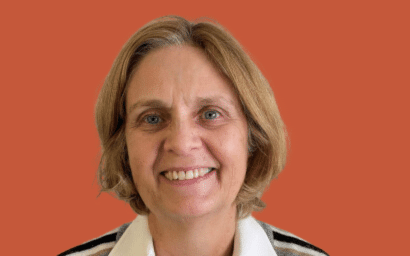
Christine is a research assistant at Cerebral Palsy Alliance Research Institute, working in the Early Detection and Early Intervention theme.
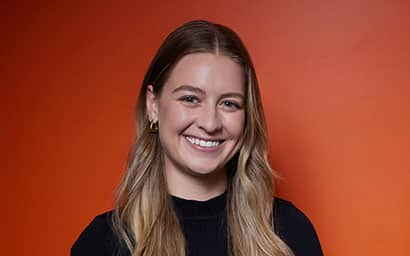
Eliza is an Occupational Therapist at Cerebral Palsy Alliance Research Institute, working in the Early Detection and Early Intervention theme.
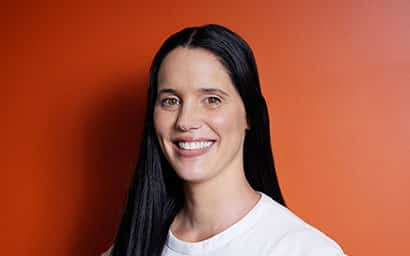
Emma is a Senior Research Therapist with Cerebral Palsy Alliance Research Institute and a PhD Candidate at the University of Sydney. Emma works on the Early Detection and Early Intervention team, supporting the implementation of infant clinical trials to support early diagnosis and access to evidence-based interventions.
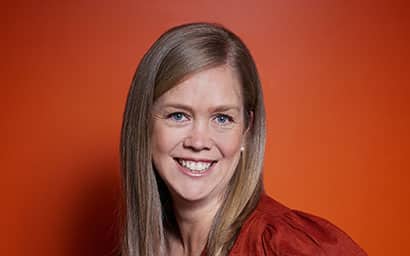
Naomi Hodder is a certified practicing speech pathologist and Master’s by Research candidate. Naomi is leading the first randomised controlled trial on communication intervention for infants with cerebral palsy.
Early conversations regarding cerebral palsy soon after birth are hard for families and for health professionals. In this short, 4 minute video, families share their experience of early conversations regarding cerebral palsy. The aim of this video is for health professionals to consider aspects of these conversations that may support families, both at the time, and into the future.
What we're working on
Infants with cerebral palsy (CP) are at risk for communication problems, which could have a detrimental effect on their development. Diagnosis of CP is now occurring much earlier, with accurate detection possible before 6 months of age, which means we no longer need to “wait and see” before providing intervention to infants at risk of CP. This is the first randomised controlled trial (RCT) to trial early communication intervention for infants 0-2 years at high risk of CP. This study will help us to understand whether participating in parent communication training within the first year of life, can support improved child communication skills at 2 years of age.
We are currently recruiting infants for the Early Comms study. More info can be found via this link: https://cerebralpalsy.org.au/news-stories/clinical-research-study-early-communication-intervention/
It is important to understand how children with, or at-risk of, cerebral palsy (CP) develop over the first two years of life, so we can tailor therapy and services to maximise positive developmental outcomes. This is a global study, involving infants in several countries across the world, monitoring their early development across a range of areas including movement, thinking and communication. The findings from this study will significantly contribute to our knowledge of development for infants with CP; help us to plan treatment now and in the future; as well as guide future research in this area.
Participation in this study will give families access to timely assessment information to better plan therapy for their child. We are currently recruiting infants under 12 months (corrected age) who have a diagnosis of, or are at high risk of having, CP for the Early Natural History of CP study. More info can be found via this link: https://cerebralpalsy.org.au/news-stories/research-study-early-natural-history-of-cp/
The general movements assessment (GMA) is one of the most accessible and cost-effective tools for identifying infants at high risk of cerebral palsy. The GMA is widely used across Australian Neonatal Intensive Care Units, although only a small percentage of infants are currently screened. The government has identified resource restraints as the greatest barrier to expanding cerebral palsy screening. This study aims to explore the feasibility or screening a greater percentage of at risk infants and collect GMA data to contribute to technology that has the potential to automate the screening process.
This study will begin data collection in July 2024.
Early allied health interventions and family supports have the potential to improve outcomes for infants at high risk of cerebral palsy, yet there are currently no studies investigating the best available intervention during the first 6 months of life. This randomised controlled trial will aim to understand the best available supports in the first 6 months of life, and how these can impact parent wellbeing and infant development.
This study is being funded by the Hearts and Mind Foundation.
The study is currently being co-designed with families and clinicians, with a plan to begin recruitment by the end of 2024.
Projects we've completed